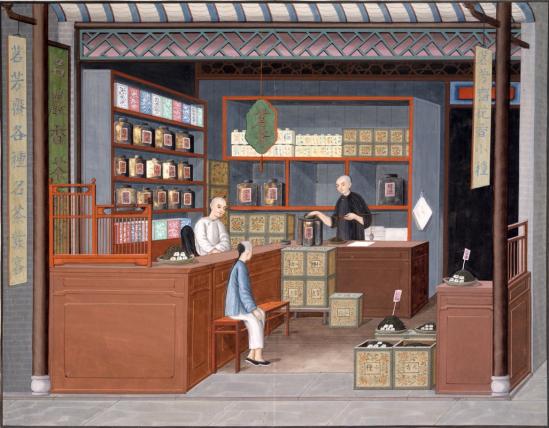
Save the dates: January 19, January 26, February 2, and February 9
Reserve your spot: https://history.washington.edu/history-lecture-series
January 19
International Capitalist Crises, from the Late Middle Ages to the 21st Century
Mark Metzler, Giovanni and Amne Costigan Endowed Professor in History, Professor of International Studies
This talk examines capitalism through its crises. Professor Metzler will begin with Joseph Schumpeter’s insight that the history of business cycles is the history of the core process of capitalism. But in contrast to his view that bubbles and crashes were only epiphenomena, we will find them to be the most revealing of moments, when self-reinforcing growth loops suddenly stop, structures of wealth and authority collapse, and trends reverse. Distinctively capitalist crises emerged on a regional scale at least seven centuries ago and have never been so global as they have become in the 21st century.
January 26
Commodities and Capitalism: A Tale of Tea in China and India
Anand Yang, Walker Family Endowed Professor in History, Professor of International Studies
A history of capitalism in China and India narrated through the study of a specific commodity, tea. This talk traces the development of tea as a beverage of choice across the modern world and its growth as an industry in Asia. It offers a perspective on the rise of capitalism and globalization that highlights the social, cultural, and economic differentiations and distortions within the capitalist world system.
February 2
The Jaffa Orange: Commodity, Empire, Nation, Land
Liora Halperin, Rebecca and Jack Benaroya Chair in Israel Studies, Associate Professor of History and International Studies
A journey through the many transformations of Palestine and Israel through the land's most iconic commodity. The Jaffa orange propelled Palestine into the world economy in the 19th century, generated a new Palestinian middle class, and sustained some of the most important Jewish agricultural colonies, laying the foundation for ongoing Zionist settlement. Even after its economic heyday, it has remained a multifaceted symbol of nation, land, and nostalgia and is used for a variety of political and cultural ends, within both Israeli culture and the large displaced Palestinian diaspora.
February 9
Panel on Global Capitalism
Moderated by James Gregory, Williams Endowed Professor in History
In this panel, led by Professor James Gregory, our speakers will discuss the insights from each of their talks and connect the history of capitalism across the globe.